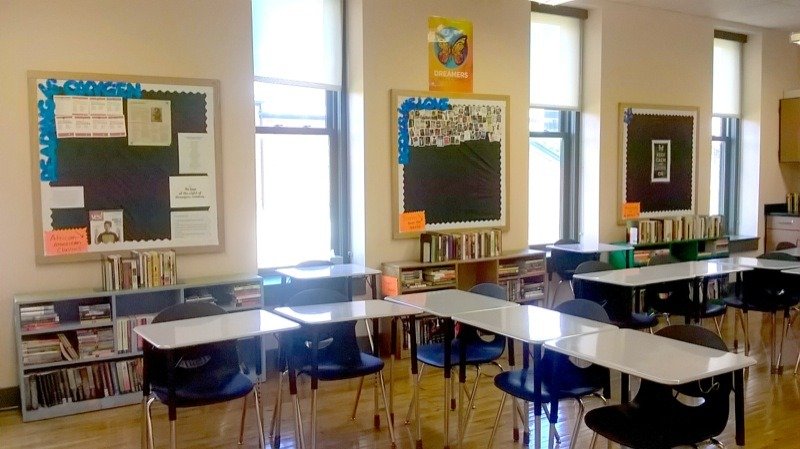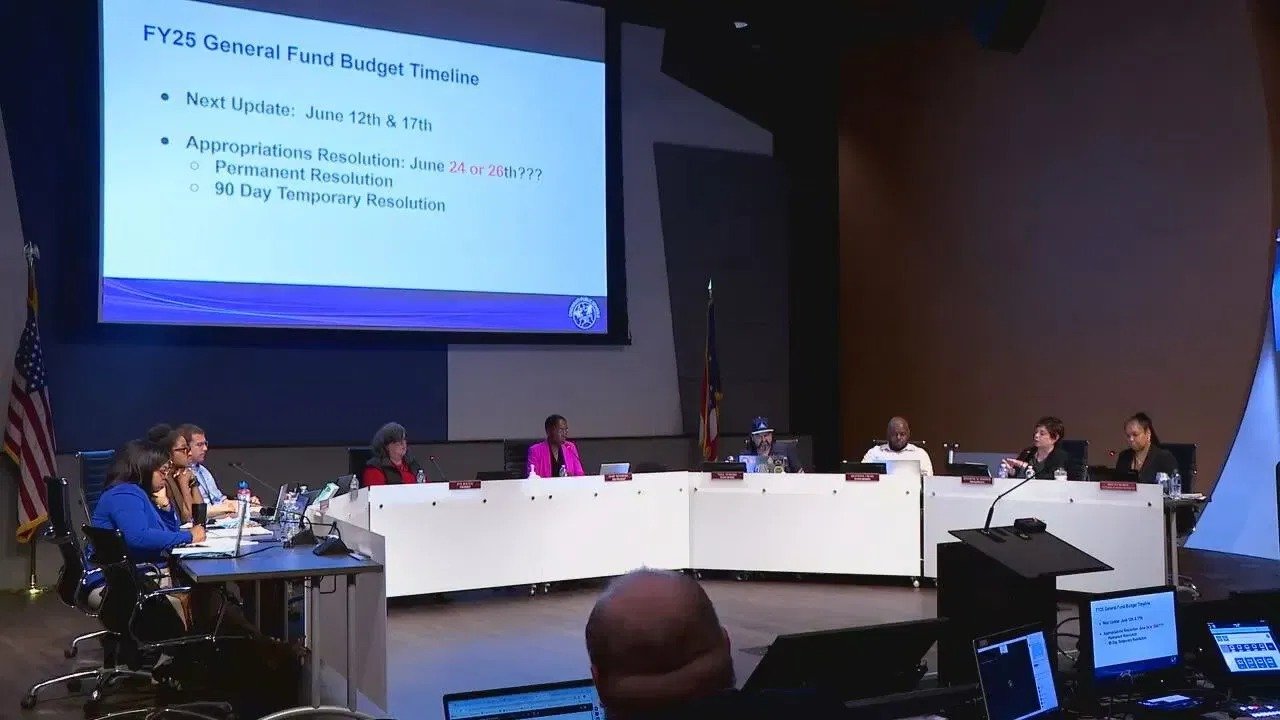Report Shows Significant Progress Implementing Ohio’s Science of Reading law

Source: https://www.msn.com/
In June 2023, Ohio enacted a literacy reform law requiring schools to adopt specific instructional methods aimed at improving student reading abilities. Known as the Science of Reading Law, it emphasizes phonics, vocabulary, content knowledge, and comprehension strategies. A recent report assessing the initial implementation of these reforms indicates progress in addressing Ohio’s challenge of low student literacy rates.
The Thomas B. Fordham Institute released a report highlighting Ohio’s struggle with student reading proficiency, noting that 38% of third graders did not meet reading proficiency standards in the 2022-23 academic year. The report supports Ohio lawmakers’ decision to mandate scientifically-based reading instruction in all elementary schools and assesses the early stages of implementing these literacy reforms.
The study examines newly approved reading curricula by the Ohio Department of Education and Workforce for the 2024-2025 school year. It includes analysis of a March 2024 survey on districts’ pre-reform programs and funding availability for new instructional materials. Key findings indicate positive signs of program progress.
Main study findings report the following signs of program progress:
- DEW implemented an efficient curricula-approval process that yielded a strong list of state-approved programs. In total, DEW approved 15 core reading curricula for grades K–5. Disapproved curricula include those that embed “three-cueing,” a debunked practice that encourages students to guess at words rather than sounding them out.
- Roughly one-third of Ohio districts used non-state-approved literacy curricula in 2022–23 (pre-reform), while another one-third were using partially-aligned curricula. Just one-third of districts used state-approved reading programs prior to the recent reforms.
- Districts and charter schools recently received $64 million to support literacy curricula purchases, with the bulk of the allotment going to schools with the greatest need to implement state-approved instructional materials aligned to the Science of Reading.
Aaron Churchill emphasized that the next step is implementation of the Science of Reading programs in schools. He called for state policymakers to safeguard these reforms and provide ongoing support for rigorous implementation.
Image Source: https://www.msn.com/





